Not so long ago I travelled to Dumfries, Scotland, the first leg of the trip being on an Emirates A380. This was my first time on the world’s biggest passenger plane. But no silk pyjamas for me; no business class; no opera on the screen, subtitled or otherwise. Actually, given my destination, perhaps I could have been forgiven for a wee bit of Presbyterian preaching. Why is it that we in Australia send so many top bureaucrats and politicians and university vice-chancellors and human rights head honchos (and the list goes on ad nauseam) on business class and even first-class airfares at the taxpayers’ expense? Do what you want with your own money. But when it’s the taxpayers’ dime, do what the founder of Walmart and all his top executives did and travel economy. If it’s an important meeting, go a day early and pay the few hundred dollars for a good hotel.
Why Scotland? I headed there to curl for Australia in the men’s 50 and over seniors world championship. Ever since curling became an Olympic event the money has poured in and its popularity has grown. There are 37-odd countries here at this event. Of course, this is still a Canadian-dominated sport, where some two million people curl regularly — the rest of the world combined having maybe a quarter of a million — and where you can watch it on prime time TV all winter long. That explains how this native-born Canadian who was a second-rate curler growing up finds himself at a world championship. Imagine being an OK cricketer who heads off to Canada to live and you’ll have the basic idea.
While there I was keeping my hand in with my day job of being a constitutional law professor by asking all the Scots I met about the upcoming Scottish independence referendum scheduled for September this year. I’ve seen this all before, of course, in the context of Quebec in Canada. The separatists have no case in economic terms. Separatism will make the new entity considerably poorer; it will leave in play huge uncertainties about future pensions and what the currency might be; it will see businesses, head offices and jobs leave. Just ask the people of Montreal and Toronto, where the mere ongoing threat of separation and a couple of (failed) referenda have caused just this outflow from the former to the latter. That being the case, the separatists rely on emotive arguments that put aside any and all honest cost-benefit analysis and instead luxuriate in sentiment, and cheap sentiment at that. The analogy with Australia’s Republic movement should spring to mind at this point for all readers.
Two of Scotland’s most famous sons, David Hume and Adam Smith, were ardent supporters of the then rather new union with England way back in the 18th century. These great Enlightenment thinkers saw what it would do for Scotland. And they were right. As someone who comes from a long line of Scots-Canadian Presbyterians, I really hope this ‘Shall we separate?’ referendum is met with a resounding ‘no’. But the separatists are pulling out every trick in the bag, including lowering the voting age to 16 (just for this referendum, not for anything else) and only letting Scots currently resident in Scotland vote. So the many in London and elsewhere have been disenfranchised.
Meantime, it’s nice to be in one of the three places on earth where everyone spells my surname correctly. The other two places are Cape Breton in Nova Scotia, Canada and Dunedin, New Zealand. Elsewhere it’s a safe bet they’ll spell it the dreaded English way, with an ‘e’ rather than an ‘a’.
Most days we played two games, which having just turned 54 means I was sore everywhere, all the time. You laugh, I know, but the strenuousness of the sweeping in curling would surprise you and the constant crouching is murder on the knees. But one day we had just one game so I wandered off to the Robbie Burns House Museum. Here was the house where Scotland’s greatest poet spent the last few of his short 37 years on earth. If you’ve never heard an address to the haggis or a Selkirk Grace (which my parents made me memorise when little) or you’ve never managed to stay up past midnight on New Year’s Eve (I leave it to you to work out where Burns’s writing comes in here), and so don’t really know Burns at all, go and read ‘Holy Willie’s Prayer’. The biting dislike of hypocrisy is wonderful. I’m pretty sure I know what Burns would think of the legions of bureaucrats and government-appointed placeholders and top university administrators and, yes, politicians flying around in business class, to say nothing of retired politicians scooping up massively generous taxpayer-funded perks!
As soon as I returned to the Antipodes, I had a speaking trip in New Zealand to plug my new book Democracy in Decline. Then it was more of the same in Australia. This is my first book aimed at the educated layperson, which perfectly describes a Spectator reader.
So how did we do? We ended up coming third and winning the bronze medal. It helps to have four native-born Canadians on the team.
Got something to add? Join the discussion and comment below.
Get 10 issues for just $10
Subscribe to The Spectator Australia today for the next 10 magazine issues, plus full online access, for just $10.
James Allan is the Garrick Professor of Law at the University of Queensland. His new book is published in Australia by Connor Court Press.
You might disagree with half of it, but you’ll enjoy reading all of it. Try your first month for free, then just $2 a week for the remainder of your first year.

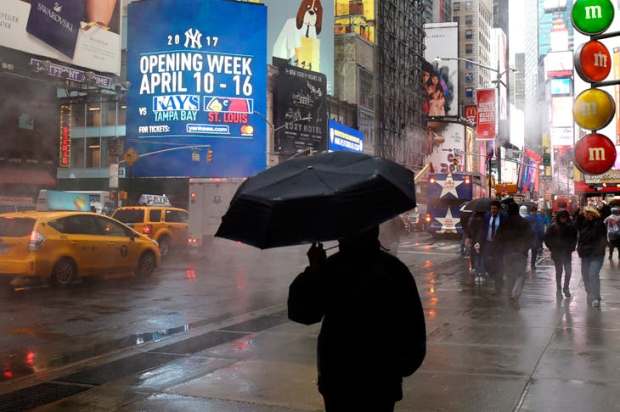

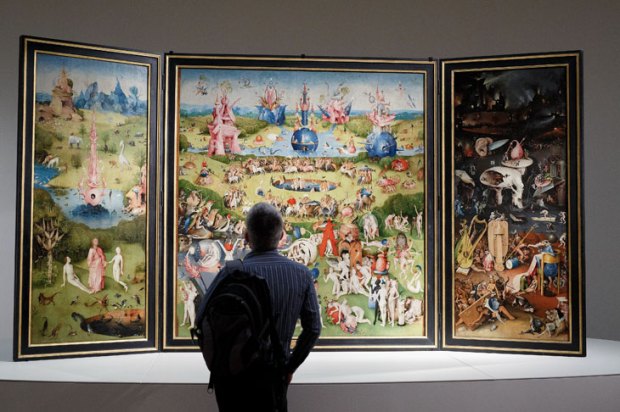
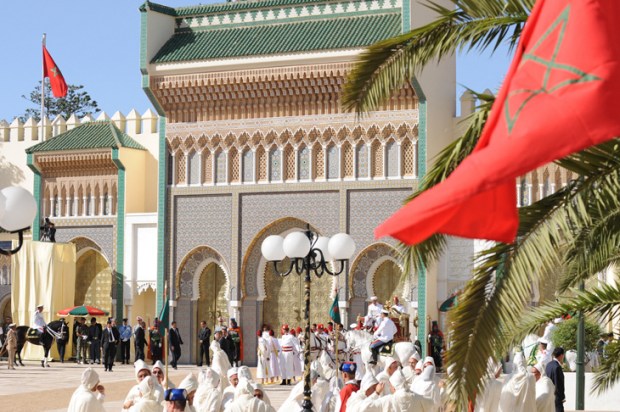
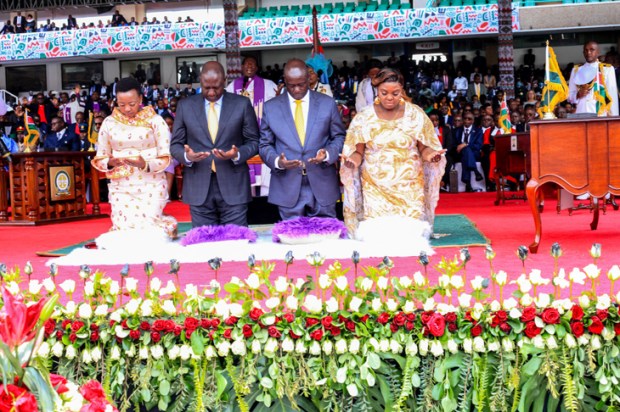
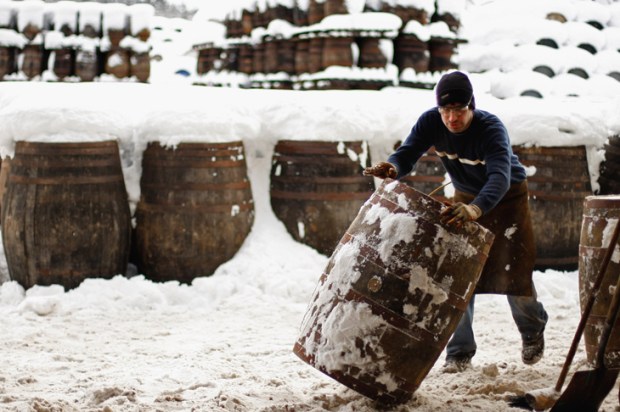






Comments
Don't miss out
Join the conversation with other Spectator Australia readers. Subscribe to leave a comment.
SUBSCRIBEAlready a subscriber? Log in